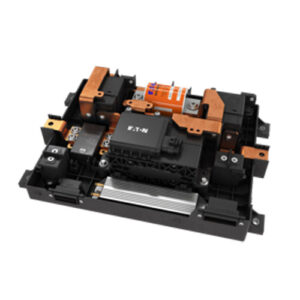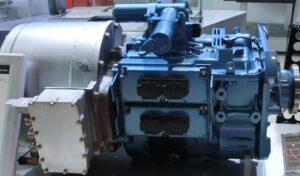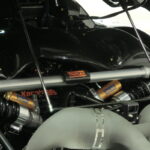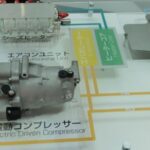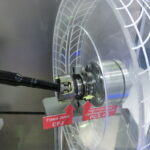
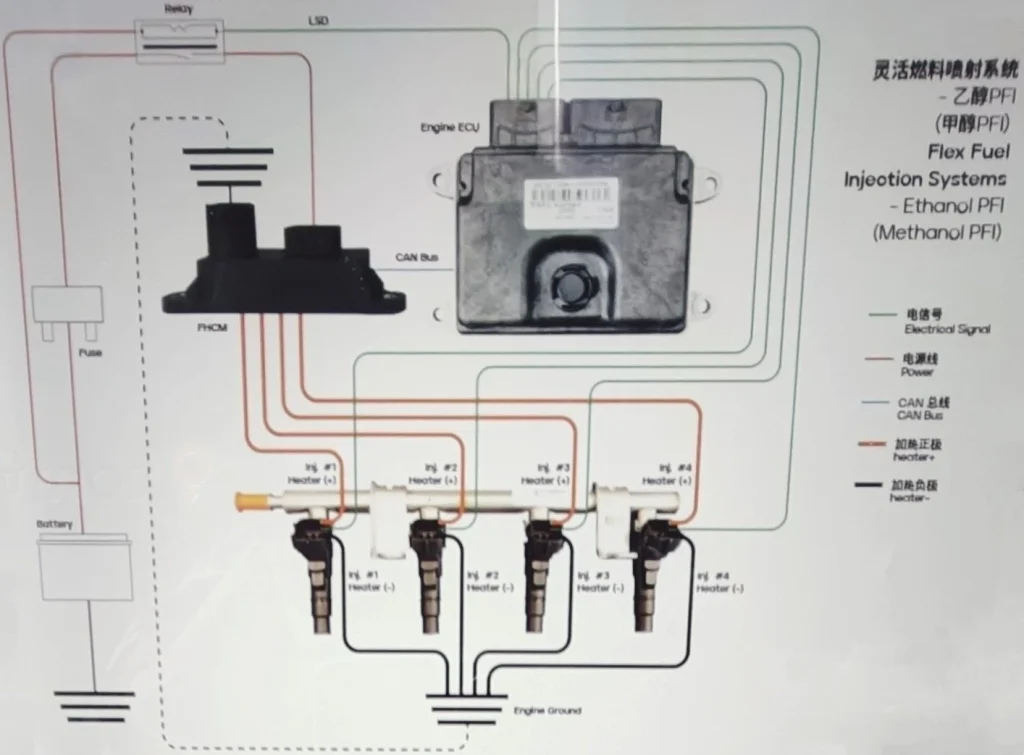

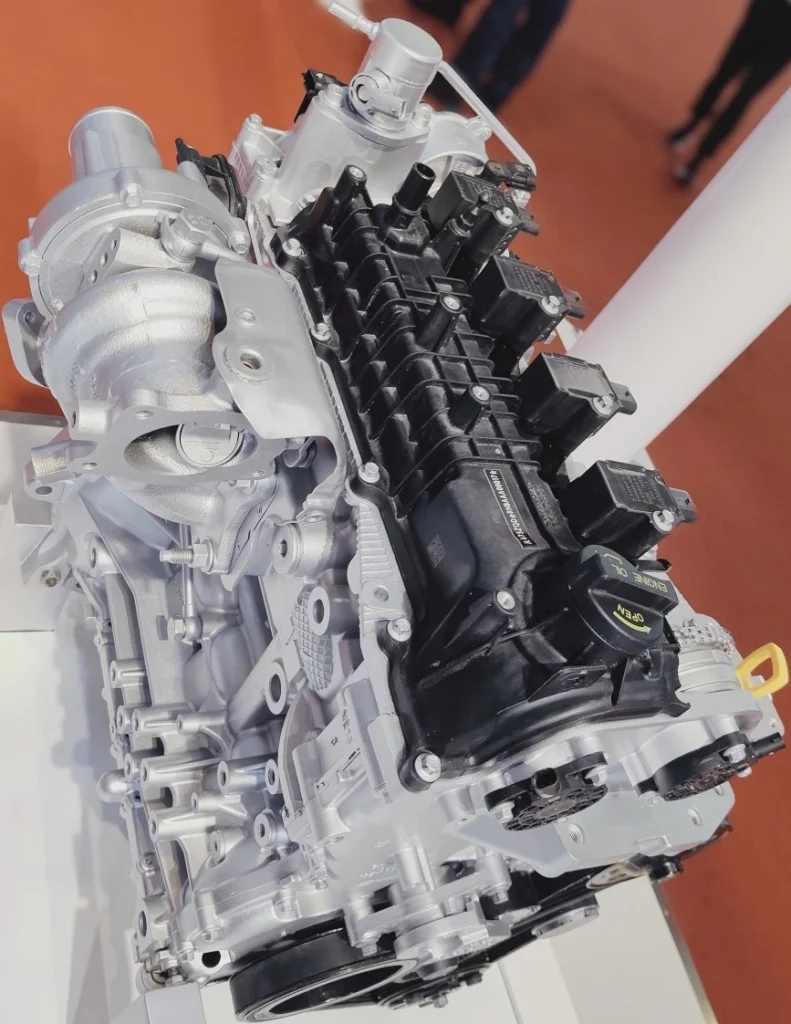
Ethanol
Ethanol and methanol, as low-carbon fuels, offer significant environmental benefits compared to traditional gasoline and diesel. Globally, ethanol is widely used in various blends with gasoline, with Brazil being the country with the most extensive application of ethanol fuel. Brazil’s “Flex Fuel Vehicles” (FFVs) can flexibly use different ethanol and gasoline mixtures, providing a new approach to low-carbon transportation.
PHINIA has tailored a 350bar ethanol injection system specifically for the Brazilian market, developing dedicated 350bar ethanol nozzles and high-pressure fuel pumps. This system provides reliable support for cold starts of E100 ethanol (Ethanol, with 7% water), achieving cold starts at -5°C without the need for a heating system, significantly improving low-temperature emissions issues. In addition, the 350bar ethanol injection system shortens injection time at the same flow rate, optimizes the fuel-air mixture, and effectively reduces the issue of engine oil dilution with E100 fuel. At the same time, this system significantly enhances engine performance at high power points.
In addition to the ethanol injection system, PHINIA has also developed a heated nozzle system for manifold injection technology. This innovative system further optimizes fuel injection, improves engine performance, and meets the demands of different operating conditions. Through these advanced technologies, PHINIA is committed to promoting the widespread use of low-carbon fuels and contributing to the automotive industry’s transition to sustainability.
Methanol
M100 methanol fuel is a liquid fuel primarily composed of methanol. Methanol is a simple saturated monohydric alcohol with the chemical formula CH3OH. It is mainly synthesized from raw materials such as natural gas, coal, and biomass. Methanol fuel is characterized by high efficiency, cleanliness, and low carbon emissions. To address the corrosive nature of methanol, PHINIA has designed two methanol injection systems, one for low pressure and the other for high pressure. These systems meet durability requirements, enabling methanol internal combustion engines to achieve similar performance to gasoline engines, including power, torque, and cold-start performance.


